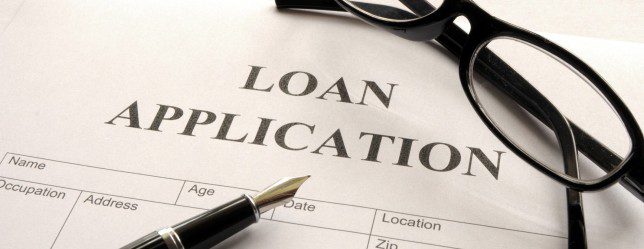How foreclosure can affect your credit

Owning a home is a sound investment strategy. It provides an individual both with a good residence and property with an appreciating value. This has lured many people to buy homes. Most of these buyers are relying on mortgages to fund the purchases. This is usually a sound decision if one has a stable source of income and the economy is doing well. Try companies that buy real estate in san diego, ca.
However, unexpected economic situations such at the 2008 Depression and job loss can jeopardize an individual’s chance to own a home and lose the money he or she has already invested on it during foreclosure. So, how can foreclosure affect your credit?
Drastic Credit Score Drop
 Foreclosure can serious affect an individual credit score. However, the extent of the damage depends exactly on how good your score was before the foreclosure. Ironically, the better your score is, the more it will be affected. If your score is high at about 780, your score will drop by between 140 and 160. If your score is much lesser, it may fall by as little as 70 points.
Foreclosure can serious affect an individual credit score. However, the extent of the damage depends exactly on how good your score was before the foreclosure. Ironically, the better your score is, the more it will be affected. If your score is high at about 780, your score will drop by between 140 and 160. If your score is much lesser, it may fall by as little as 70 points.
Lack of access to loaning services
Since foreclosure only occurs when the mortgagor fails to pay his mortgage, it indicates an individual’s poor financial situation. Other lenders, therefore, will decide to avoid loaning to you. Such companies will view you as a high-risk borrower and do not have confidence in your ability to repay your debts. With the inability to access loans, an individual’s financial crisis may worsen.
High Interest Loans
After a foreclosure, lenders who will be willing to lend you money will only do so if you agree to the higher interest rates. The high rates are generally to discourage you from borrowing. Remember that the only way to re-boost your credit score is buying taking loans and repaying them on time. Be careful to borrow only small amounts that you can comfortably repay.
Rebuilding Your Credit
A borrower who has been through a foreclosure can rebuild his or her credit. By efficiently servicing your other debts, your credit score will start improving. Consistency will take you back to where you were before the foreclosure in as little as two years. The foreclosure’s contribution to your credit score also reduces all as time goes. After seven years, the foreclosure will no longer affect your credit.
 It is important to avoid foreclosure by carefully managing your finances. Foreclosure does not only ruin your credit, but it also makes you lose the money you had already invested in the property. Moreover, it is important to discuss your financial situations with the mortgaging company to reorganize your repayments into affordable amounts.…
It is important to avoid foreclosure by carefully managing your finances. Foreclosure does not only ruin your credit, but it also makes you lose the money you had already invested in the property. Moreover, it is important to discuss your financial situations with the mortgaging company to reorganize your repayments into affordable amounts.…


 checking their credit reports or scores mostly run into problems. Some credit issues that include low credit score, or late payments can reduce your chances of getting a personal loan approval. Banks have varying loan requirements but the higher credit score you have, the better. Applicants with high credit ratings are usually at a better chance of getting approved and getting a better loan rating.
checking their credit reports or scores mostly run into problems. Some credit issues that include low credit score, or late payments can reduce your chances of getting a personal loan approval. Banks have varying loan requirements but the higher credit score you have, the better. Applicants with high credit ratings are usually at a better chance of getting approved and getting a better loan rating. There are two primary types of personal loans – the secured and the unsecured. The unsecured loan won’t need security or collateral. It only needs an excellent credit score. Applicants with very low credit rating hardly get the unsecured loans but may meet the conditions of secured loans. The secured loan will need you to pledge your personal property as collateral. You can use a car title, electronics, boat title, and any other valuable as collateral. Before approving the loan and issuing the money, the bank will assess the value of the collateral to ensure that it coincides with the value of the loan.
There are two primary types of personal loans – the secured and the unsecured. The unsecured loan won’t need security or collateral. It only needs an excellent credit score. Applicants with very low credit rating hardly get the unsecured loans but may meet the conditions of secured loans. The secured loan will need you to pledge your personal property as collateral. You can use a car title, electronics, boat title, and any other valuable as collateral. Before approving the loan and issuing the money, the bank will assess the value of the collateral to ensure that it coincides with the value of the loan.